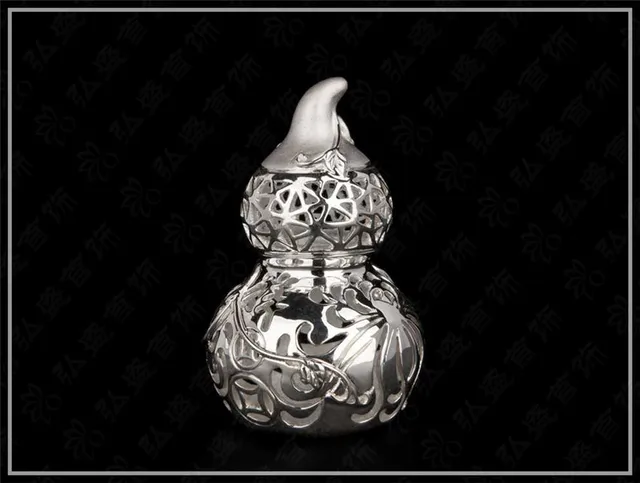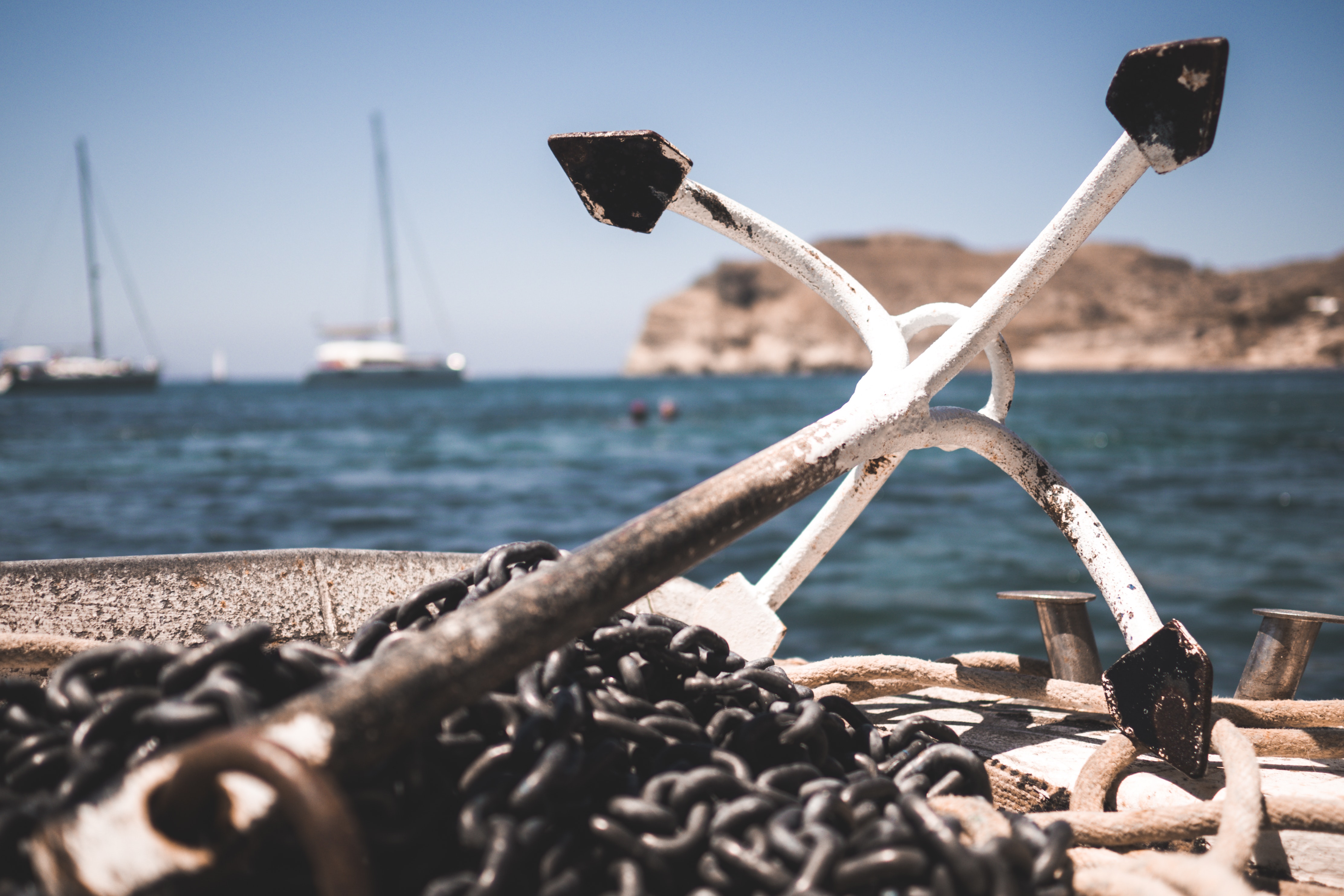This will be an ongoing updated list of definitions I find unfamiliar as I read through Moby Dick.
‘Driving off the spleen’ – to get rid of feelings of irritability and melancholy.
‘My hypos get such an upper hand of me’ – according to this forum thread, hypos is short of hypochondria, which in the 19th century referred to a low mood, or depression.
‘Insular city of the Manhattoes’ – apparently the Manhattoes were the native inhabitants of Manhattan. So this is a roundabout way of referring to island of Manhattan, New York.
Corlears Hook – a park in Manhattan just south of the Williamsburg Bridge on the Lower East Side.
Coenties Slip – a small street in Manhattan somewhere south of Two Bridges and Tribeca (forgive me if I’m getting this wrong, I’m going off of Google Maps).
New Bedford – City in Massachusetts
‘Tyre of this Carthage’ – Tyre was a port city in North Africa, and Carthage rose from its ruins. Source.
Bowsprit – the long pole, or ‘spar’, that points out the front of the ship.
Grapnels – a small grappling hook, though in this context, a metaphor for searching his pocket.
Pea coffee – a drink made from boiling peas in water (I freaked out about the idea of this more that I should have).
Euroclydon – A northeastern cyclonic wind caused by pressure systems in the Mediterranean. It also interfered with the apostle Paul’s ship.
Dives – The ‘Rich Man’ from the parable of ‘The Rich Man and Lazarus’.
Moluccas – The Maluku Islands, or Spice Islands, in Indonesia (looks seriously beautiful, I want to go to there).
Hyperborean – relating to the extreme north
Skrimshander – carved whale ivory
Monkey jacket – a waist-length jacket that tapers to a point at the back
Box coat – according to thefreedictionary.com, an unfitted coat that hangs from the shoulders, short, or heavy overcoat
Watch coat – warm overcoat worn by sailors on watch in colder weather
Coffer-dam – watertight area below water level that is pumped dry so repair work can be done
Grego/wrapall – a coarse, warm coat with a hood
Beaver Hat – A hat made of felted beaver fur. Commonly shaped into a top hat. Most illustrations of Queequeg depict him wearing this hat.
– Moby Dick – edition: Charles Scribner’s Sons, New York
Ledyard – A town in New London County, Connecticut, USA
Mungo Park – from Wikipedia: ‘a Scottish explorer of West Africa. He was the first Westerner known to have travelled to the central portion of the Niger River, and his account of his travels is still in print.’
Green Mountains – A mountain range in Vermont, USA. Funnily enough, when searching, I found that there’s a mountain range by this name in Queensland, Australia, too.
Lascars – plural for Lascar, a sailor from India or South-East Asia. I think it’s an outdated term
Tongatobooarrs, Erromanggoans, Pannangians, Brighggians – the closest I could come for definitions of these was this thread from 2001, where posters posit different ideas for which peoples these names refer to. But I’m thinking that possibly they were made up nationalities, like Queequeg’s fictional place of birth, Rokovoko.
Bombazine cloak – a twilled or corded fabric, usually made with a silk warp or weft.
Scoria – ‘basaltic lava ejected as fragments from a volcano, typically with a frothy texture’ from Google Dictionary.
‘Cave of Elephanta’ – the Elephanta Caves are a collection of carved cave temples in India, mostly dedicated to the Hindu god Shiva.
Goodwin Sands – a long sandbank off the coast of Kent, England. Supposedly there are lots of shipwrecks there because it lies near common shipping lanes in the Straits of Dover.
Ehrenbreitstein – a fortress in Germany on the East bank of the Rhine.
Canticle – a hymn or chant that forms part of a church service.
Amittai – Jonah’s father
Joppa – modern day Jaffa, Israel.
Spile – timber driven into the ground to support a large structure.
Parricide – killing of a parent or near relative.
Cupidity – greed for wealth.
Nineveh – ancient Assyrian city, where Jonah went to preach about their wickedness.
No unusual words or phrases in this chapter.
Chapter 11. Nightgown.
No unusual words/phrases.
Vitiated – spoil, impair, or destroy the quality, efficiency, or legality of something.
Sag Harbour – A village in Suffolk County, New York.
Ignominy – shame or disgrace
‘For the nonce’ – for the present; ‘right now’; ‘for now’.
Acushnet River – a river flowing through Massachusetts.
‘Offing’ – a certain distance of a ship from shore so that it can avoid hazards.
Lubber-like – clumsy person, or another word for ‘landlubber’.
Verdure – lush, green vegetation.
Eddystone Lighthouse – A lighthouse on the dangerous Eddystone Rocks, south of Cornwall, England; technically located in Dover, England.
Quohogs – edible clams from the north coast of North America.
Terraqueous – consisting of water and earth.
Larboard – also called port; is the left of the ship when facing forward and is the opposite of starboard.
‘Three points to the starboard’ – I tried look at nautical sites, but I still couldn’t figure it out. I think it is something to do with compass points in relation to starboard/port side.
Tophet – A valley outside the walls of ancient Jerusalem where immoral rites were performed in dedication to Baal. Source. Also used in reference to hell. Source.
Ship Biscuit – more commonly called hardtack – a biscuit made of water flour and sometimes salt.
Medes – ancient Iranian people, inhabited the land of Media.
‘Square-toed luggers’ – square-headed, small ship with two or three masts, an asymmetrical ‘lugsail’ on each. Source for this and next two definitions.
Junks – a flat-bottomed sailing vessel used in China and the East-Indies.
‘Butter-box galliots’ – ‘butter-box’ is a derogatory term for the Dutch, used by the British. A ‘galliot’ is a Dutch, single masted cargo ship.
‘Three old kings of Cologne’ – a shrine in Cologne that is supposed to contain the bones of the Three Magi, or Three Kings, who visited Jesus at his birth.
‘Becket bled’ – Thomas Becket was the Archbishop of Canterbury until 1170, when he was murdered. He is seen as a martyr and saint in Catholicism and by the Anglican Church.
Thorkill-Hake – folkloric Viking warrior king.
Thews – strong muscles and tendons.
Tartar – a person from Tartary, a historical central Asian landmass.
Pottowottamie Sachem – Native American Potawatomi Cheiftan
Parmacetty – spermaceti or sperm whale.
Categut – Kattegat, a sea-area between Denmark and Sweden
‘Ahab of old’ – ancient king of Israel, husband of Jezebel. Criticised in the Hebrew bible for leading his people into idolatry (foreshadowing?).
Gayhead – Cliffs of clay on Aquinnah, Massachusetts.
Chapter 17
No unusual words/phrases.
Belial – Either means ‘wicked’ or ‘worthless’, or is the personification of the devil. Source.
The idol Bell – an idol god worshipped by the Babylonians of the Bible.
Plaguy – troublesome or annoying.
Davy Jones – an idiom for the bottom of the sea. This site also has a bunch of interesting theories on where it came from.
Silver Calabash – a calabash is a type of gourd. And here’s a pretty picture of what a silver calabash would look like:

This specimen is from aliexpress.com (not where I thought the image would lead when I clicked on it, haha).
Chapter 20
No unusual words/phrases.
Scuttle – a porthole
Booble Alley – ‘A street in the red light district of Liverpool, England’ ~ source.
Watts – A book of hymns by Isaac Watts.
Handspike – wooden stick with an iron tip.
Windlass – a large horizontal spool used to lift large, heavy loads.
Psalmody – the singing of psalms.
Vernal – springlike.


